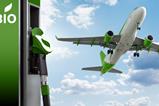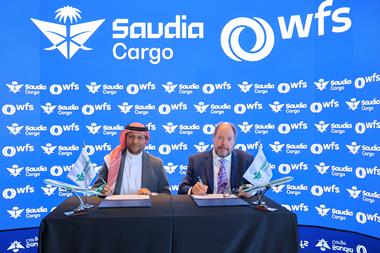It is "inevitable" that spikes in the price of oil as a result of attacks on Saudi Arabian facilities at the weekend will drive up the price of air cargo.
The attacks, which took place on Saturday, took out around 5% of global oil supply.
Brent Crude prices - a benchmark for jet fuel hedging - initially surged by around 20% on Monday when trading opened.
By the end of the day had settled at around 15% higher than at the start of the day at around $69 per barrel.
US president Donald Trump said he would release US reserves, easing concerns.
However, Peter Stallion from air cargo derivatives broker Freight Investor Services (FIS) said that the incident was likely to drive up airfreight prices.
He said that thrown into the airfreight pricing outlook was the "unpredictable effect of fuel pricing increases on costs passed through into carrier's fuel surcharges and base airfreight rates".
"Given the violence of this increase - with Brent Crude Oil (a key benchmark for jet fuel hedging) climbing as much as 20% in a few minutes on Monday - the pass-over into linked markets (air, container freight) is somewhat inevitable.
"This will also cause problems for the ever popular ACMI dry leases currently flying rotations across the Pacific, damaging margins and cashflow."
It seems investors are expecting the fuel price hikes to hit airline profitability as carriers saw their share price take a hit in Monday trading.
More will be known about the impact of the attacks on jet fuel prices at the end of the week when IATA releases its weekly index.















